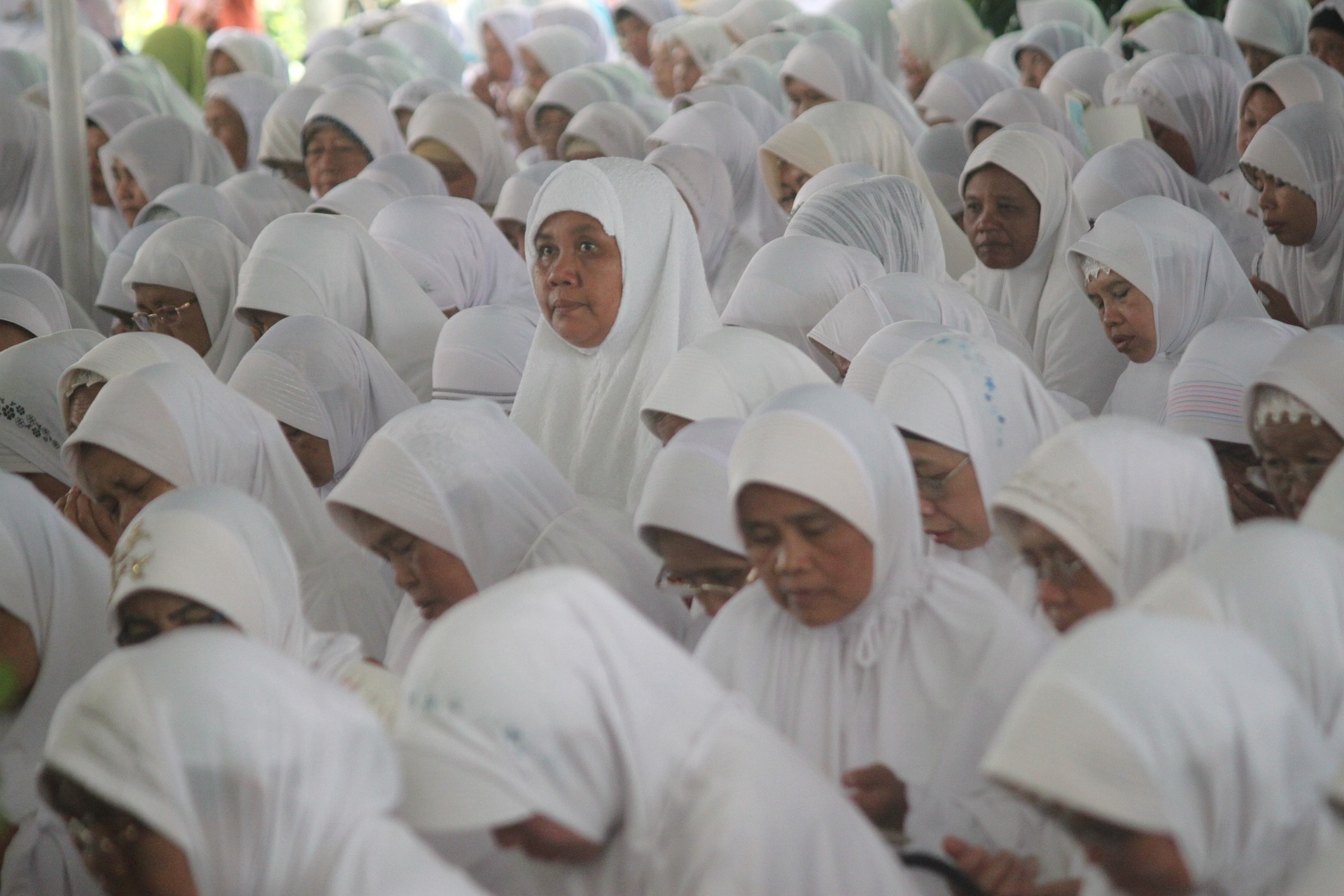
Between the 27th of May and the 25th of June this year, Muslim people celebrate Ramadan, which is an Islamic practise held in the 9th month of every year in the Lunar Calendar.
Our friend Arjumand Khan is taking part in this cycle of intense fasting and prayer and sharing her experience with us. She won’t drink, eat, or take part in any worldly pleasures between sun-up and sundown.
“It is the time where you train your soul, or train yourself for the remainder of the year. If you practise Ramadan the way it is mentioned in the Quran, your soul and body are charged for the rest of the eleven months of the year. Every aspect of yourself is ready to enter the next eleven months in obedience to our creator.”
Sometimes known as The Holy Month, spiritual reward is believed to multiply for those who take part in Ramadan. Apart from a few that will be exempt due to poor health or age restrictions, most Muslim people will spend the entire month in the cycle of daylight fasting and prayer.
Where most of us would struggle with skipping a meal, it can be difficult to comprehend how Arjumand and so many other people manage the physical challenges of fasting. However, Arjumand says it is a very positive experience. As a scientist, she knows that fasting is good for her body.
“Fasting comes with so many benefits to the body. And now modern science has backed us- when our digestive system gets this rest, this break [from fasting] there are so many changes in your physiology when you fast, every organ [is affected] the liver, the heart the kidneys, they sort of detoxify and repair, because the major focus of the body, digestion [is no longer the focus].”
While giving the body a break from the daily grind sounds like a great idea, the question persists: doesn’t she miss lunch and breakfast? Doesn’t she get terribly thirsty? Arjumand says that this assumption is one of the great misunderstandings about Ramadan fasting.
“At first, if you’re not used to fasting, you might get a headache, or feel dizzy or looking at the long hours you might feel thirsty. [Once accustomed to fasting] I don’t feel hungry or thirsty.
“We usually rise at 3:30 or 4:00, we have a little breakfast before morning prayers, which is around 5:45 am. This is the breakfast we normally have at around 8 am. [Before the sun rises] we have a couple of dates then a glass of water, then we intend to continue right until the sun sets.”
Without the distraction of food throughout the day, Arjumand is able to place an intense focus on the deep meanings of Ramadan. It is a time for bonding with her family and an opportunity for others in the community to connect through their faith. Ramadan brings Arjumand closer to those around her, and pulls her to focus on the life-situations of others in prayer.
Even though Arjumand has partaken in Ramadan since she was a small child, she appreciates the challenge it presents to people, regardless of their age. Global location has quite a bit to do with how intense an individual challenge may be. In Australia, for example, there are 11.5 hours of sunlight in a typical day, compared to India where one can expect to fast for 16 hours. In Germany, the sun only disappears for 3 hours, so fasting would continue for 21 of those hours in the day.
“I’m used to what Ramadan is like here, but missing your family [is part if it]. Back home, there are people with drums who wake you up. The emphasis is on the pre-dawn prayers, and you are more focused on reading the Holy Quran and doing your prayers. So physically, you have the alarms going on in the mosques, letting you know this is the time left [to fast]. The things I’ve grown with are the things I miss.”
Arjumand overcame serious obstacles when she migrated from Mumbai to Melbourne(Australia multicultural society). She developed new skills and interests, first learning to drive a car, and then joining other community groups that helped her form new bonds and friendships. This became a huge support to her new lifestyle in Australia multicultural society.
“I went from complete dependence, to absolute independence. I was absolutely dependent on my parents and brothers and sisters. The family system is very strong in our culture. On the positive side, Australia is a multicultural society , there are many ways I can explore myself and [migrating to Australia] was almost balancing.”
Exploration seems to be key word for Arjumand. She looks forward to sharing her great love of science and sparking the same sense of curiosity about environmental science in other students.
“For me, I’m a catalyst person, trying to form a fast track for the children to understand that science is a very adventurous subject. And it is about doing your best. It’s a way to inspire children – in your own way.”
We met environmental scientist Arjumand Khan during her training in the Migrant Science Communicator Accelerator Program. This initiative was run by Cultural Infusion, the Royal Society of Victoria, and the Australian Science Communicators, with the support of the Inner North Community Foundation and the Scanlon Foundation. We will soon celebrate its successful completion, so stay tuned.
Share this Post
